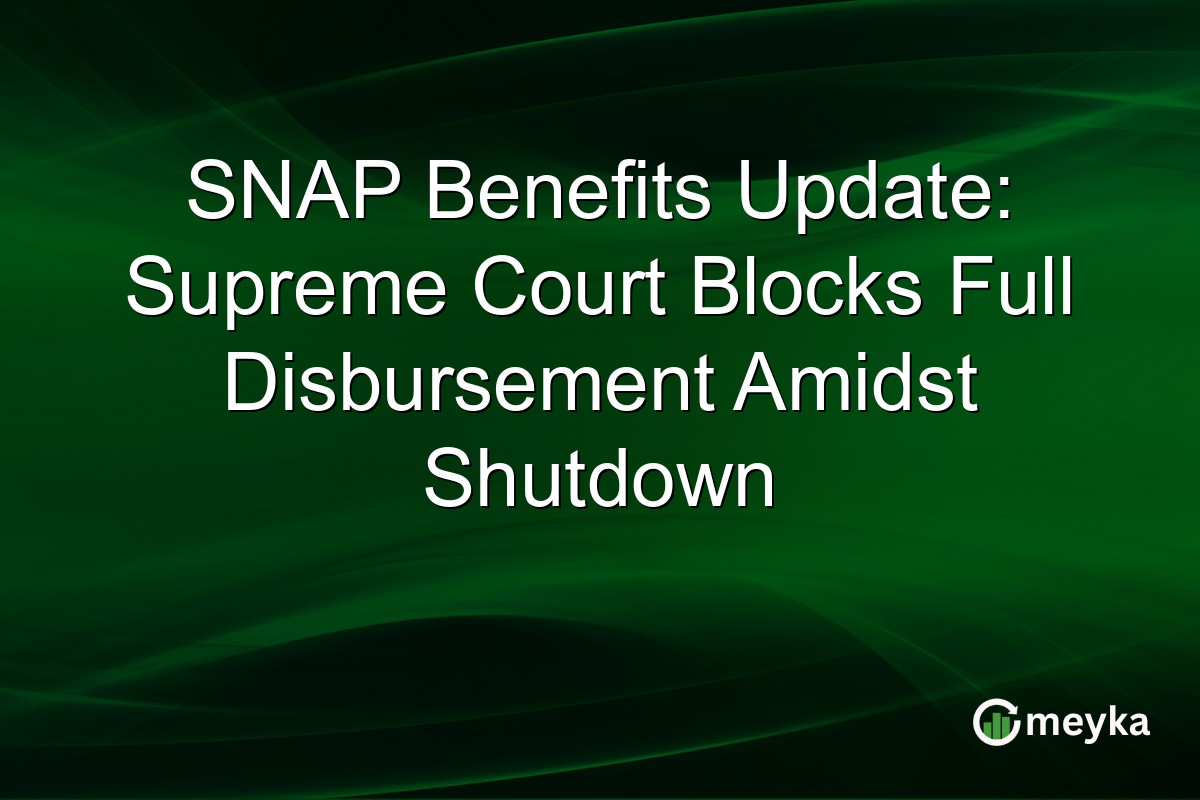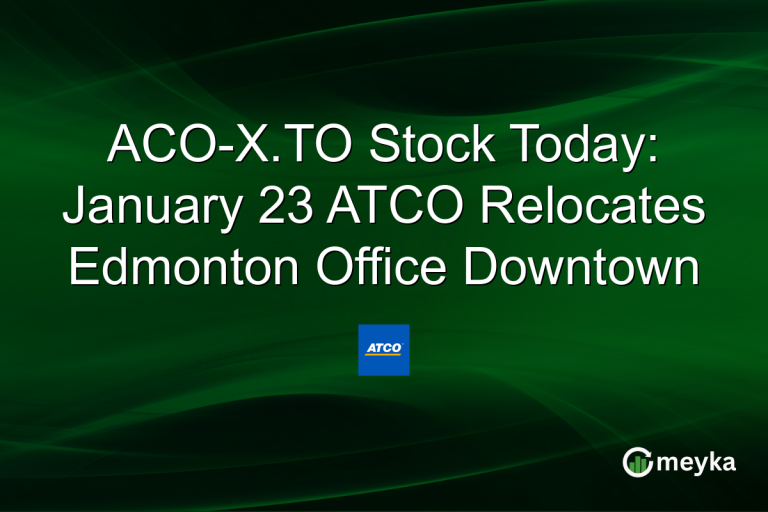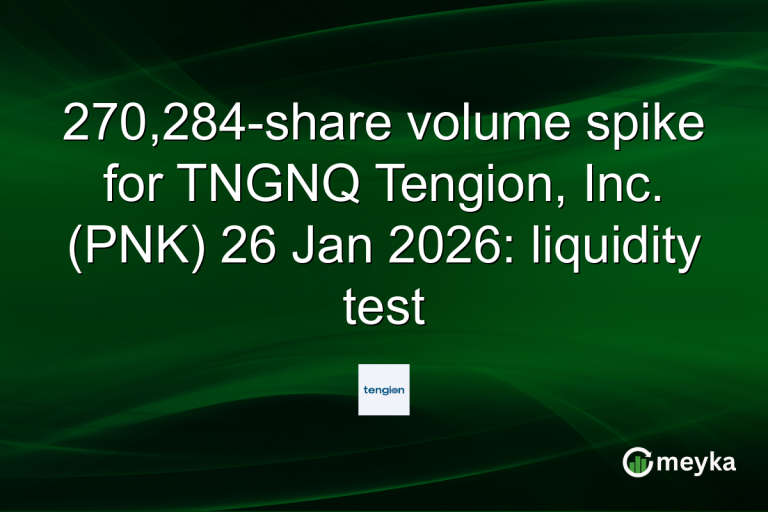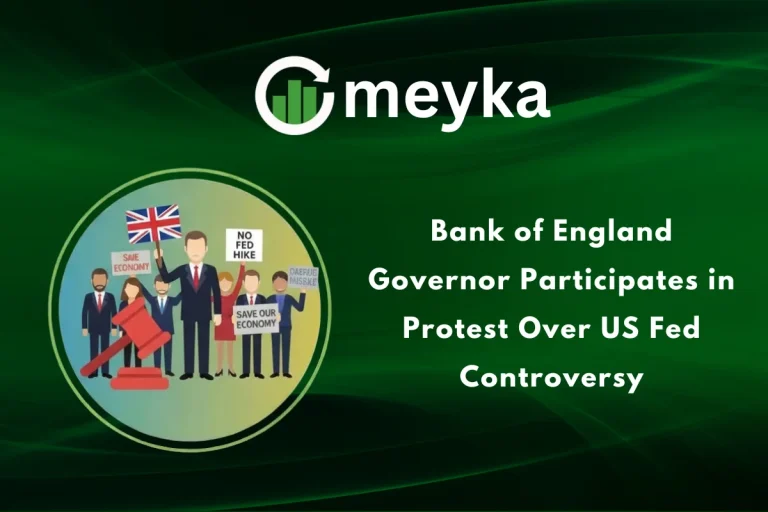SNAP Benefits Update: Supreme Court Blocks Full Disbursement Amidst Shutdown
The recent decision by the U.S. Supreme Court to block the full disbursement of Supplemental Nutrition Assistance Program (SNAP) benefits amidst an ongoing government shutdown has sent ripples across the nation. Millions of Americans rely on SNAP to secure basic food needs, and the court’s intervention raises questions about the balance of state and federal responsibilities in providing support. This move particularly impacts states like Connecticut, which have expressed concerns over managing aid without federal support.
Continue Reading on Meyka
This article is available in full on our main platform. Get access to complete analysis, stock insights, and more.
Read Full Article →





